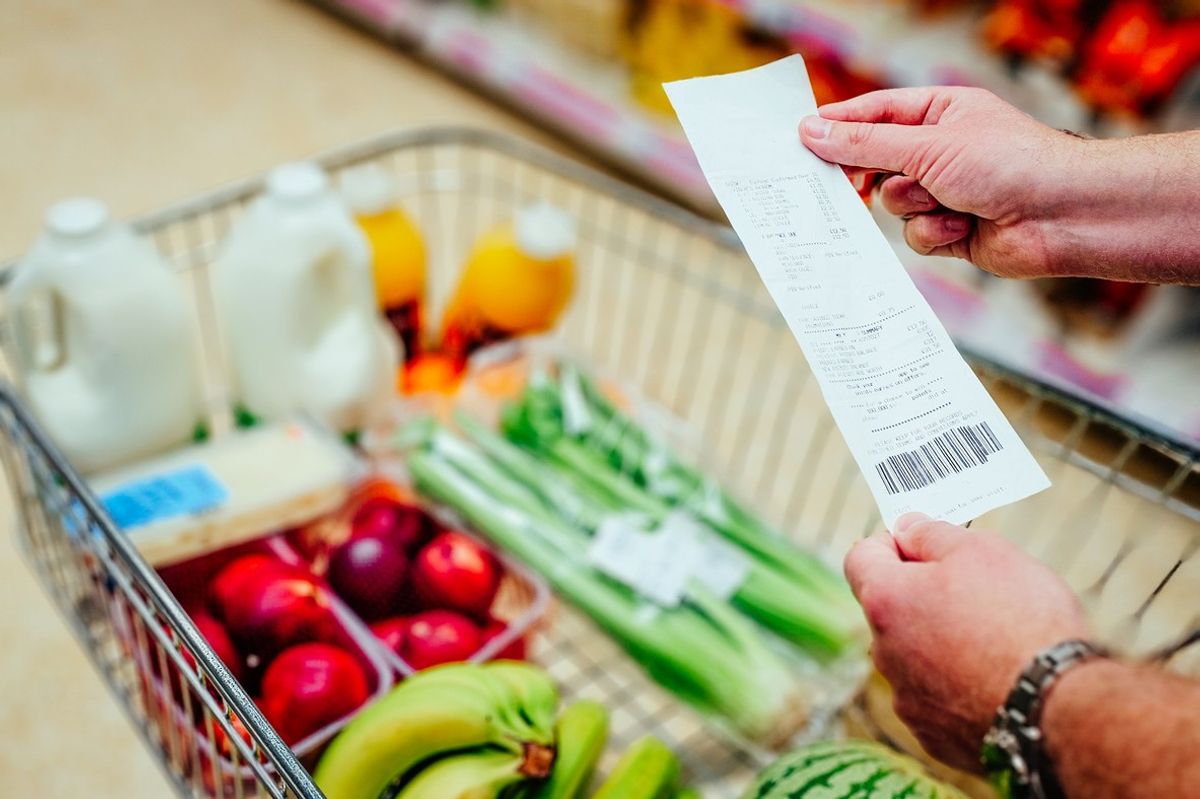- UK consumer price inflation 3.8 per cent in 12 months to July
- Bank of England had expected the rise
- Food and non-alcoholic drink prices rise 4.9 per cent
Inflation in the UK hit its highest in 18 months in July when it increased to 3.8 per cent from 3.6 per cent, official data by ONS showed on Wednesday (Aug 20), once again leaving the country with the fastest rate of price increases among the world's largest rich economies.
The BoE expected headline inflation to rise to 3.8 per cent in July but had forecast a smaller 4.9% rise in services prices. Economists polled by Reuters had mostly expected increases of 3.7 per cent and 4.8 per cent respectively.
Food and non-alcoholic drink prices - big influences on how the public thinks about inflation - were 4.9 per cent higher than a year earlier, the biggest rise since February 2024. The BoE forecasts food inflation will peak at 5.5 per cent at the end of the year.
Droughts in Spain, Italy and Portugal, where the UK sources much of its fresh fruit and vegetables, have pushed up prices this summer, at a time when prices would usually fall.
The Office for National Statistics said a jump in air fares was behind much of the increase in average prices. Tickets on flights out of the UK rose 30% month on month, although much of the increase was because of the earlier timing of the summer holiday break.
Petrol prices added 0.1 percentage points to inflation after a comparison with last year, when prices at the pumps were falling.
Chancellor, Rachel Reeves, said, “We have taken the decisions needed to stabilise the public finances, and we’re a long way from the double-digit inflation we saw under the previous government, but there’s more to do to ease the cost of living.
“That’s why we’ve raised the minimum wage, extended the £3 bus fare cap, expanded free school meals to over half a million more children, and are rolling out free breakfast clubs for every child in the country. Through our plan for change we’re going further and faster to put more money in people’s pockets.”
According to Deloitte Chief Economist Ian Stewart, the economy is experiencing a bout of high inflation and weak growth that will likely remain until next spring.
As per BoE, British inflation will hit 4 per cent in September, double its target, and stay above 2 per cent until mid-2027.
Britain's relatively tight labour market, which economists say has become more rigid since Brexit, is also putting upward pressure on prices. Wage growth in Britain has slowed but at about 5 per cent it is too high for the BoE to feel comfortable about inflation returning rapidly to 2 per cent.


